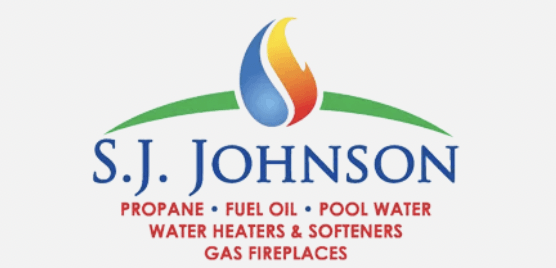Understanding the Distinction: Salt Water Water Softener vs. Traditional Water Softener

When it comes to improving water quality, water softeners play a crucial role by reducing the effects of hard water in homes throughout Southern MD. However, there are different types of water softeners available, including salt water water softeners and traditional water softeners. In this article, the professionals of SJ Johnson Company will explore the differences between these two systems, helping you make an informed decision about which one is best suited for your specific needs.
Traditional Water Softeners: Traditional water softeners, also known as ion exchange water softeners, are the most common type of water softening systems. These systems utilize a process called ion exchange, where resin beads attract and remove hard minerals like calcium and magnesium ions from the water. The resin beads are periodically regenerated by flushing them with a brine solution that contains salt. The hard minerals are replaced with sodium ions from the salt, allowing the resin to continue softening the water.
Salt Water Water Softeners: Salt water water softeners, also referred to as salt-free water conditioners or descalers, take a different approach to water softening. Instead of removing hard minerals, these systems alter the chemical composition of the minerals to prevent scale buildup. They use various technologies such as electromagnetic fields, template-assisted crystallization, or catalytic media to change the structure of the hard minerals, preventing them from adhering to surfaces and forming scale deposits.
Water Softening Efficiency: One key difference between salt water water softeners and traditional water softeners lies in their water softening efficiency. Traditional water softeners are known for their high efficiency in removing hard minerals from the water, effectively eliminating the negative effects of hard water. On the other hand, salt water water softeners do not remove hard minerals but rather change their structure, preventing scale buildup. While this can be effective for preventing scale deposits, it does not address the issue of hard water completely.
Maintenance and Operating Costs: When it comes to maintenance and operating costs, there are notable differences between salt water water softeners and traditional water softeners. Traditional water softeners require regular maintenance, including replenishing the salt supply and periodically cleaning or replacing the resin beads. This ongoing maintenance can add to the operating costs of the system. In contrast, salt water water softeners typically require less maintenance since they do not use salt or resin beads, resulting in lower long-term operating costs.
Environmental Considerations: Salt water water softeners are often preferred by individuals concerned about the environmental impact of traditional water softeners. Traditional water softeners discharge brine waste into the wastewater system, which can have adverse effects on ecosystems and water resources. Salt water softeners, on the other hand, do not produce brine waste and are considered more environmentally friendly.
Suitability for Different Water Conditions: The suitability of salt water water softeners and traditional water softeners can vary depending on the specific water conditions in your area. While traditional water softeners are highly effective in removing hard minerals, they may not be suitable for individuals on low-sodium diets or regions with brackish water. Salt water water softeners, being salt-free, can be a viable alternative in such cases.
Choosing between a salt water water softener and a traditional water softener depends on your specific needs and preferences. Traditional water softeners offer efficient removal of hard minerals but require ongoing maintenance and have higher operating costs. Salt water water softeners, on the other hand, prevent scale buildup without removing hard minerals and require less maintenance. Consider your water quality, environmental concerns, and personal requirements to determine which type of water softener is the best fit for your home.




